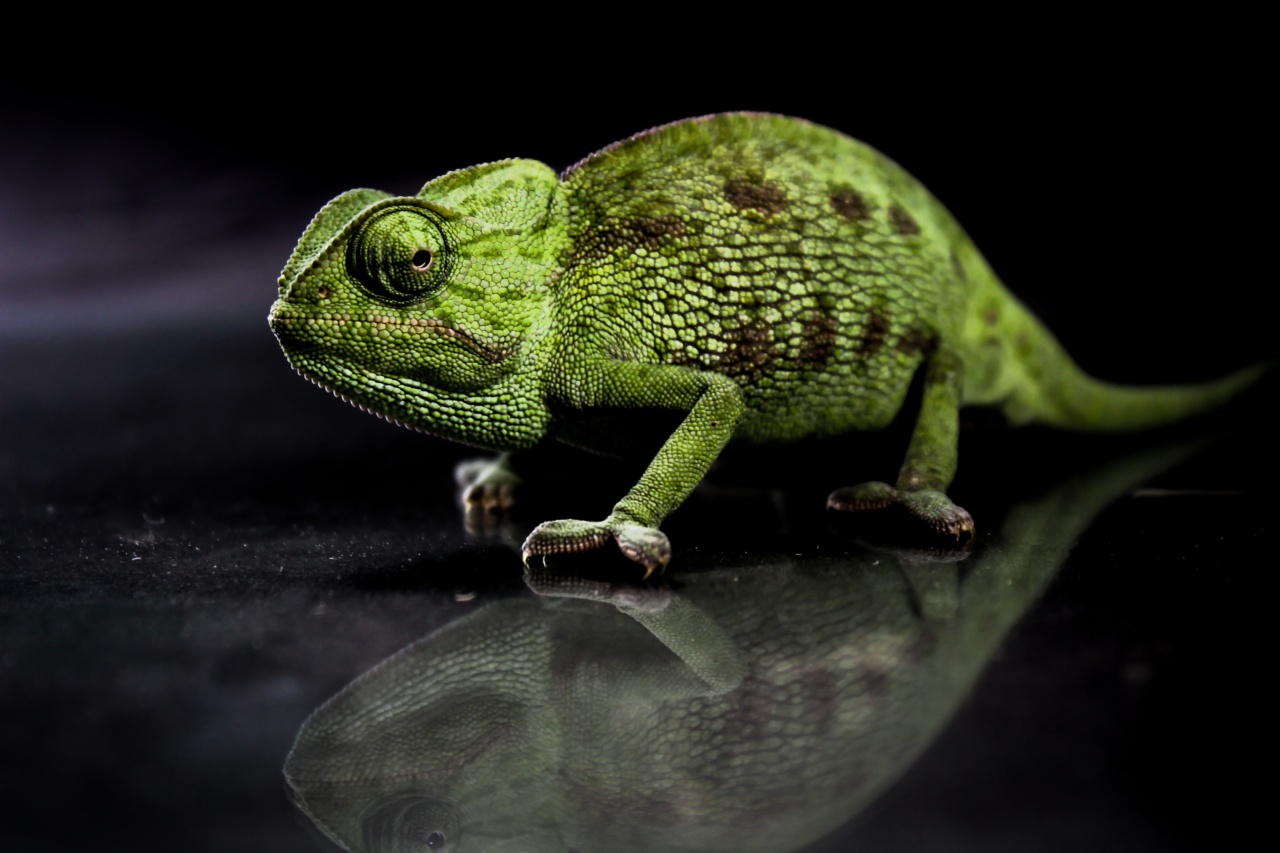Green tea is the go-to beverage for anyone looking for a healthy, refreshing drink. It is known for its numerous health benefits, including reducing the risk of heart disease, cancer, and diabetes.
But while green tea is beneficial to health, it also has side effects that are important to be aware of. In this article, we will take a closer look at some of the dark sides of green tea.
1. Caffeine Overdose
Green tea contains a moderate amount of caffeine, which can be beneficial for boosting energy and mental alertness. However, excess consumption of caffeine can cause side effects such as anxiety, restlessness, and insomnia.
Some people may also experience caffeine overdose, which can cause heart palpitations, tremors, and dehydration. Consuming high levels of caffeine can also be harmful to people with underlying health conditions such as high blood pressure and heart disease.
2. Iron Absorption Blockage
Green tea contains compounds known as tannins, which can bind to iron in the gut and block its absorption. This can be particularly harmful to people who are prone to iron deficiency, such as pregnant women and people with anemia.
To avoid this, it is recommended to consume green tea at least an hour before or after a meal.
3. Digestive Issues
Green tea is known for its soothing effect on the digestive system, but for some people, it can actually cause digestive issues.
The caffeine in green tea can stimulate the production of stomach acid, which can lead to heartburn, acid reflux, and stomach upset. Consuming green tea on an empty stomach can worsen these symptoms. Drinking decaffeinated green tea or taking supplements can help alleviate these side effects.
4. Headaches and Migraines
Green tea contains a compound known as epigallocatechin gallate (EGCG), which can trigger headaches and migraines in some people.
The mechanism behind this is not fully understood, but it is thought that EGCG can stimulate the nervous system and cause vasoconstriction in the brain’s blood vessels. To prevent headaches, it is recommended to limit the amount of green tea consumed and drink it in moderation.
5. Allergic Reactions
Green tea contains natural compounds such as catechins and flavonoids, which can trigger allergic reactions in some people. Symptoms of a green tea allergy can include itching, rashes, hives, and swelling of the lips, tongue, or throat.
People who are allergic to tea, coffee, or other plant-based products may be more susceptible to green tea allergies. If you experience any of these symptoms after consuming green tea, seek medical attention immediately.
6. Liver Damage
While green tea is known for its liver-protective properties, excess consumption can actually cause liver damage. This is because green tea contains high levels of catechins, which can lead to oxidative stress and inflammation in the liver.
Studies have shown that consuming large amounts of green tea can cause liver toxicity, especially in people with pre-existing liver conditions. To prevent liver damage, it is recommended to consume green tea in moderation and under the guidance of a healthcare professional.
7. Drug Interactions
Green tea contains compounds that can interact with certain medications and cause adverse effects. For example, green tea can reduce the effectiveness of medications such as beta-blockers and anticoagulants.
It can also increase the risk of bleeding and raise blood pressure when taken with these medications. People who are taking prescription medication should consult their healthcare provider before consuming green tea or taking green tea supplements.
8. Dental Problems
Green tea is known for its antimicrobial properties and is often used as a natural remedy for dental problems such as bad breath, gingivitis, and tooth decay. However, green tea can also cause dental problems in some people.
The high levels of tannins and caffeine in green tea can stain the teeth and erode the enamel, leading to tooth sensitivity and decay. To prevent dental problems, it is recommended to consume green tea in moderation and maintain good oral hygiene habits.
9. Pregnancy and Breastfeeding Risks
While green tea is generally considered safe for consumption, it is not recommended for pregnant or breastfeeding women.
This is because green tea contains caffeine and other compounds that can cross the placenta and transfer to breast milk, potentially harming the developing fetus or nursing infant. Pregnant and breastfeeding women should avoid consuming green tea or consult their healthcare provider before doing so.
10. Weight Loss Risks
Green tea is often touted as a natural weight loss remedy and is included in many weight loss supplements. While green tea can help boost metabolism and aid in weight loss, it can also cause adverse effects when consumed in large amounts.
The caffeine and other compounds in green tea can lead to dehydration, jitteriness, and heart palpitations. In some cases, weight loss supplements containing green tea can also be contaminated with harmful substances, so it is important to consult a healthcare provider before using these products.































